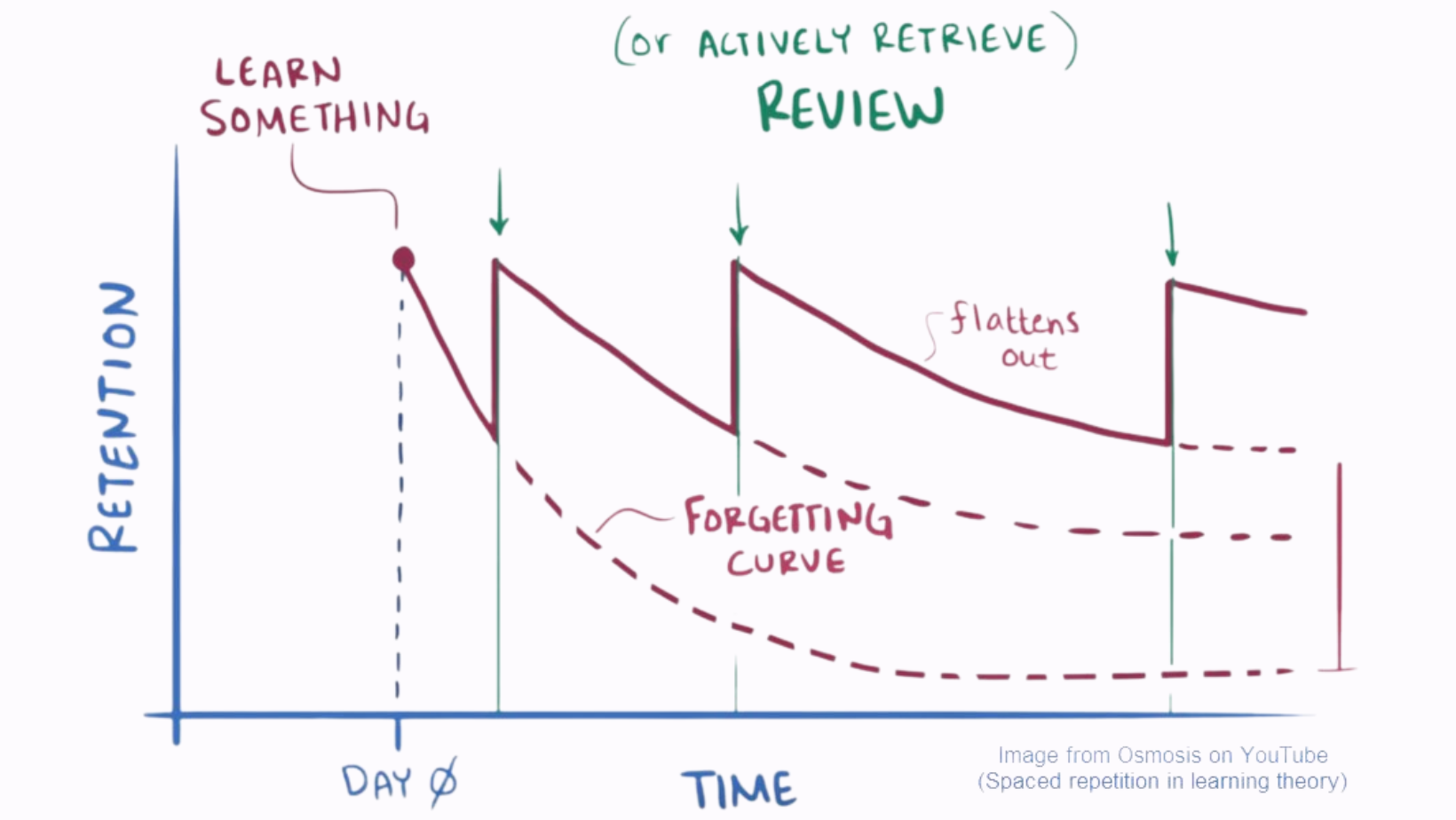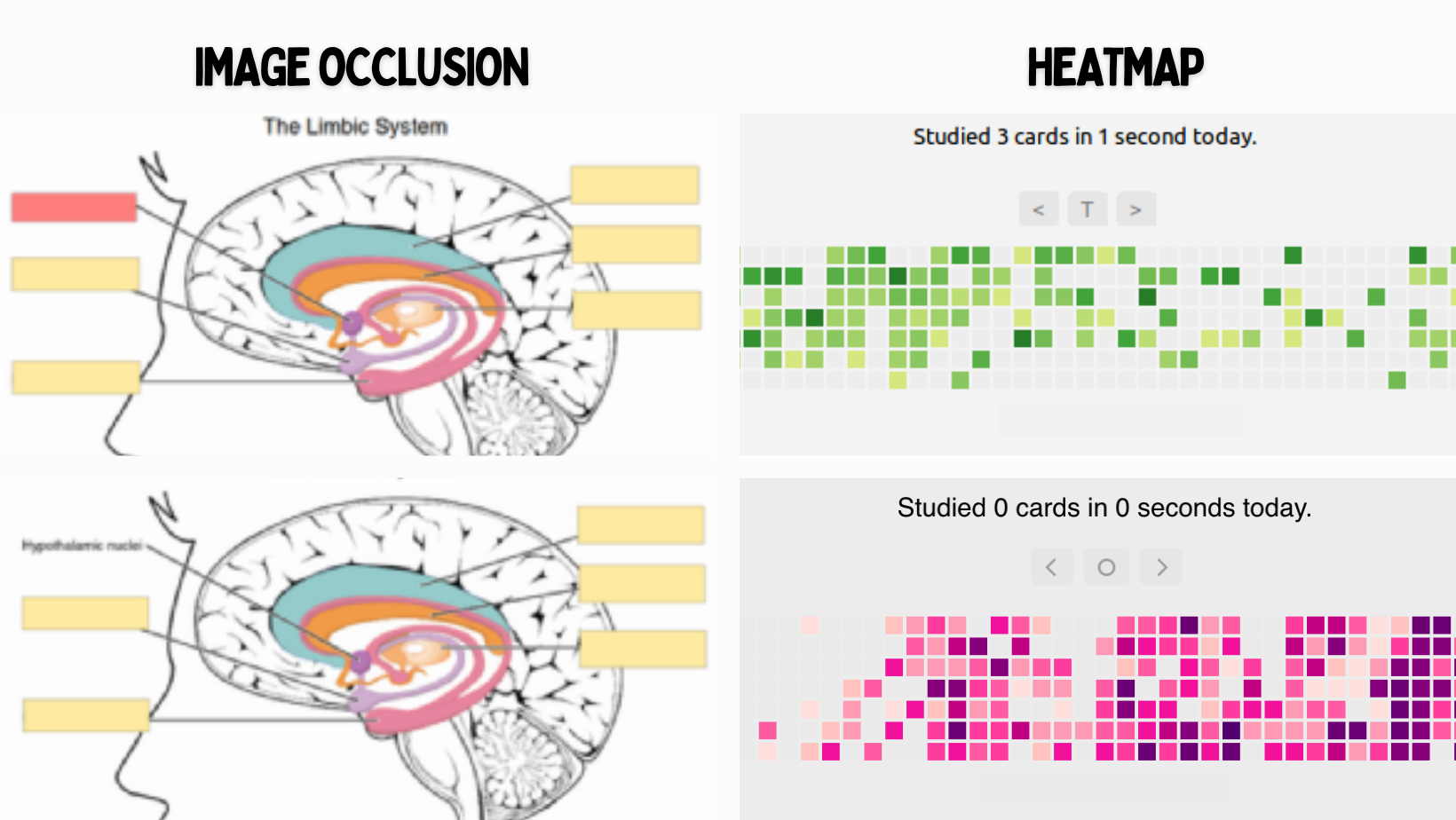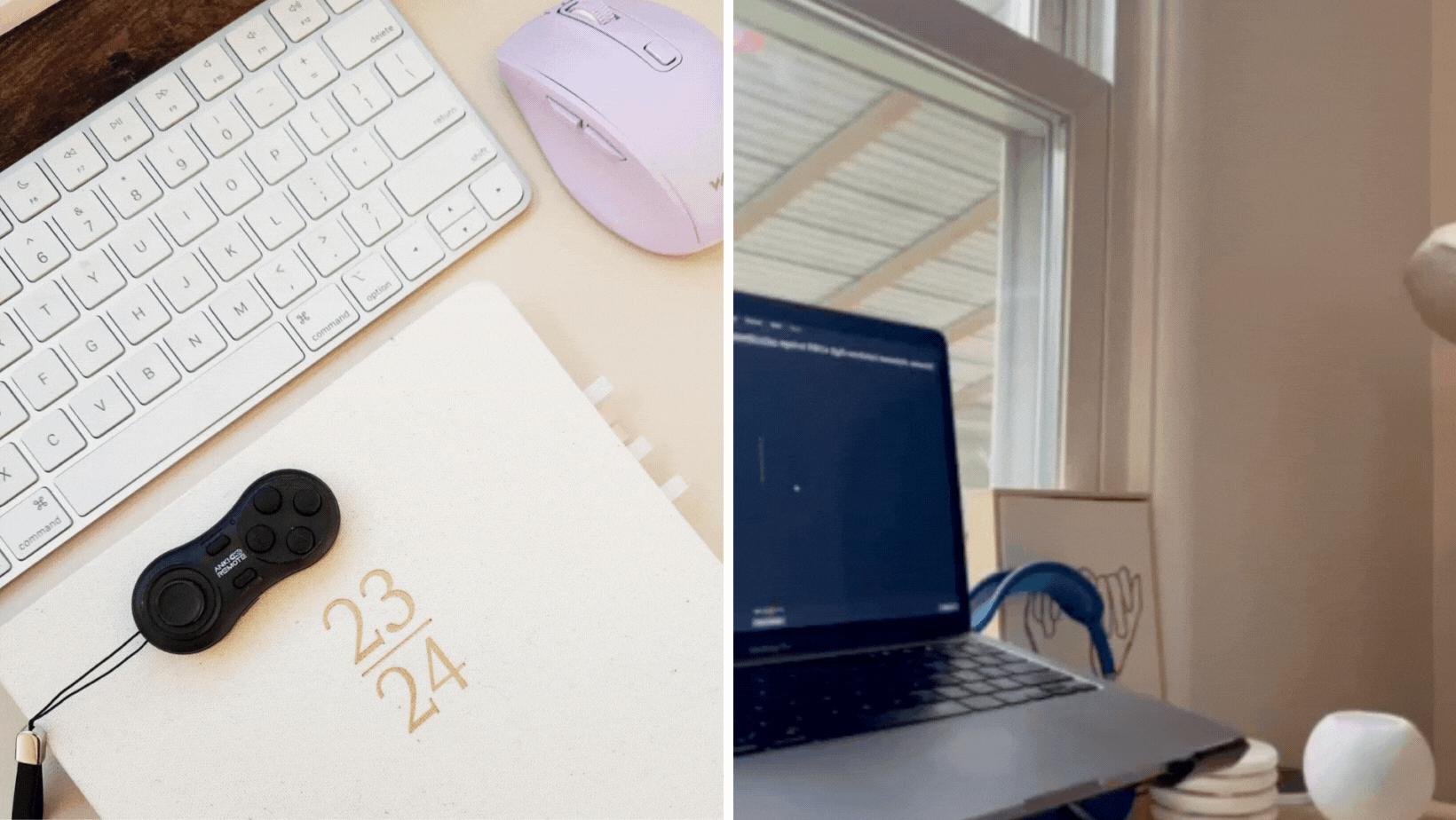Anki in Medical School: Make the Most Out of It
Embarking on the journey of med school is like stepping into a challenging yet incredibly rewarding adventure. The vast sea of information may seem daunting at times, but fear not – for in the realm of efficient study tools, Anki emerges as the unsung hero for medical students.
While Anki is very popular in medical school, with almost all med students swearing by it, some people say it doesn't work for them, or they really do have a hard time getting swamped by it. I agree that Anki is not for everyone, but if used right, Anki can really be helpful and meaningful for you as a medical student.
To make the most of Anki in med school, consider following these tips:
Use pre-made decks
Instead of creating your own flashcards, try using pre-made decks made by other med students or professionals. Platforms like Reddit are the most well-known communities for Anki resources, and websites like Med School Anki decks repositories compile all useful decks for med students like you. This can help you saves time and provides you a comprehensive resource for your studies
Quick disclaimer: Some decks might be outdated, so kindly read through the post and comments on the Reddit thread for the updates from the author and community.
Learn the Anki algorithm
Anki lets you decide how long it takes to learn something new. Anki knows that it's okay if you don't remember a new thing right away. The algorithm shows flashcards at intervals that optimize long-term recall. You might need to see it a bunch of times before it sticks in your memory. If you don't get it right at first, Anki won't keep showing you the same thing over and over as a punishment. How well you do when you're learning doesn't necessarily show how well you'll remember it later.
Practice active recall
Anki isn't just for passive review. Instead of flipping through cards, actively try to recall the information before checking the answer. This engages your brain more effectively and strengthens your ability to retrieve information. This whole active recall thing isn't just a cool trick; it's backed by science. Studies show that actively trying to remember stuff is super effective for making memories stick around. So, by using Anki as your memory dojo, you're not just going through the motions—you're giving your brain a workout and ensuring that what you learn stays with you for the long haul.
Rule of thumb is try to learn the material first; Then incorporate Anki to memorize it.
Add context to cards
For a deeper understanding, include contextual information on your flashcards. Relate information to real-life scenarios, clinical cases, or patient presentations. This helps connect theoretical knowledge to practical application. Adding contextual information to your Anki flashcards transforms your learning from a passive memorization exercise into an active engagement with real-world situations. It's not just about knowing the facts; it's about understanding how to use them in the field, giving you a more profound and practical understanding of the material
Balance review and new material
To get the most out of studying with Anki, you need to find a good balance. You need to review the cards you already know, kind of like doing mental exercises to make sure you remember things well. But, if you only focus on what you already know, it might get a bit boring, like doing the same exercise over and over.
The trick is to mix both – spend some time reviewing what you know and adding new material in each Anki session.
Explore add-ons
Anki supports various add-ons to enhance its functionality. Look for add-ons that align with your learning preferences. For example, image occlusion can help with mastering complex anatomical structures. Some people really like using a Heatmap to see how they're doing with their studies. You might have heard about it because a lot of folks share pictures of their progress streaks! Some students even says it helps to keep them motivated.
Integrate Anki with lectures
Incorporate class notes and lecture material into your flashcards. This reinforces what you learned in class and ensures your decks match your specific curriculum. When you synthesize class notes into Anki flashcards, you're essentially transforming raw lecture material into bite-sized, digestible nuggets of information. This process not only aids in condensing complex topics but also compels you to actively engage with the material, picking out key concepts and distilling them into concise flashcard prompts.
Backup your data
Regularly export your Anki decks to prevent data loss. Consider using cloud storage or other backup solutions for accessibility from different devices. One effective way to do this is by utilizing cloud storage or other backup solutions. By exporting your Anki decks to cloud platforms like Google Drive, Dropbox, or similar services, you not only create a secure backup but also enable seamless accessibility from different devices. This is especially advantageous for those who switch between computers, tablets, or smartphones for their study sessions. Cloud storage ensures that your decks are synchronized across devices, providing a consistent and up-to-date learning experience regardless of the device you're using.
Stay flexible with study plans
Adapt your study plans based on your needs as med school progresses. Some subjects may require more focus than others. Adjust your Anki decks and schedule accordingly. Recognizing that not all subjects are created equal, it's essential to remain flexible and responsive to the evolving demands of your coursework. Anki, with its customizable features, serves as a dynamic tool that can be tailored to address the specific needs of each subject.
Prioritize self-care
Med school can be demanding, so make sure to take care of yourself. Take breaks, maintain a healthy lifestyle, and get enough sleep. Remember, taking care of yourself isn't a luxury—it's an essential component of success in the demanding world of med school. A well-rested and balanced lifestyle not only contributes to your overall health and happiness but also enhances your cognitive abilities, making your engagement with Anki and other study tools more fruitful. Prioritize self-care as an integral part of your academic journey.
Bonus tip..
Using Anki in the beginning can be overwhelming and may lead you to neglect your cards until you find yourself with thousands to review. Many med students share their wonderful experiences of saving time with the help of Anki Remote and don't even realize how helpful it is until they get one!
“The Anki Remote is great and makes the cards go by so much faster! ” - A.
“I love it! It was super easy to set up, and I haven't had any issues. I went from 12–14 seconds per card to 8'ish seconds per card. It is a wonderful improvement, and I am very satisfied. I will strongly recommend this remote to anyone who is serious about Anki.” - R.M.
Product
Copyright © 2025 Anki Remote. All rights reserve. Anki Remote is independent and not endorsed, sponsored, or affiliated with Ankitects Pty Ltd or Ankiweb. Any mention of Anki is solely for descriptive purposes, and no endorsement or sponsorship by Ankitects Pty Ltd is implied.





